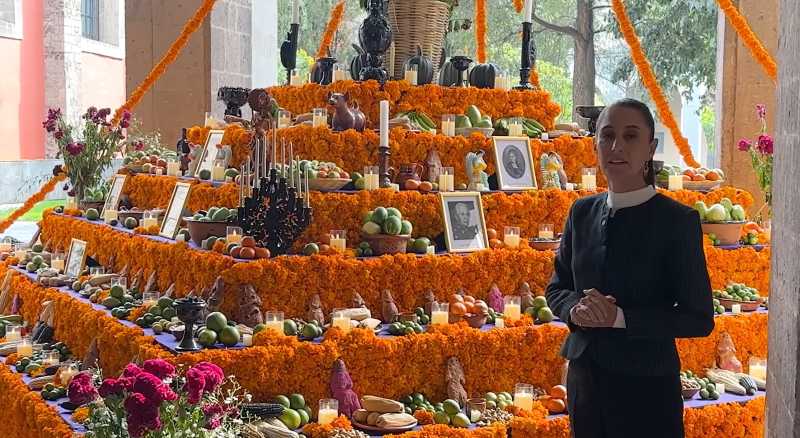Sheinbaum Commands 72% Approval Rating as Security Measures Gain Public Support
President Claudia Sheinbaum maintains a strong 72.2% approval rating nationwide, with highest support in Baja California at 75.2%. Recent polls show broad public backing for her administration's security measures, with 77% supporting military involvement in fighting organized crime.

As Mexico continues to navigate a challenging economic and security landscape, President Claudia Sheinbaum Pardo stands out with robust approval ratings that signal substantial public support for her administration’s policies. According to a recent opinion poll by the firm Demoscopía Digital, President Sheinbaum Pardo commands an impressive 72.2% approval rating. An even larger segment, 77.1% of the population, rates her performance positively, as confirmed by another survey from FactoMétrica.
Such numbers reflect a high level of national confidence, despite persistent challenges. As Mexico faces complex issues like organized crime and socio-economic disparities, Sheinbaum’s administration has garnered favorable perceptions through a multi-pronged governance approach that combines tough security measures with a push for social welfare.




